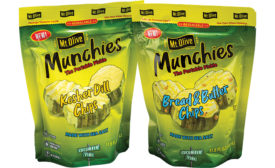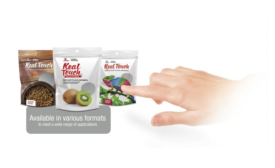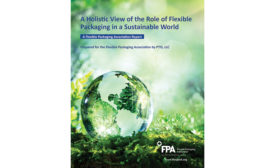Home » plastic packaging
Articles Tagged with ''plastic packaging''
Materials
The Role Sustainability Plays in Rigid Plastics
With its lightweight, recyclability and ability to form post-consumer resin, rigid plastic packaging offers many benefits.
January 16, 2020







